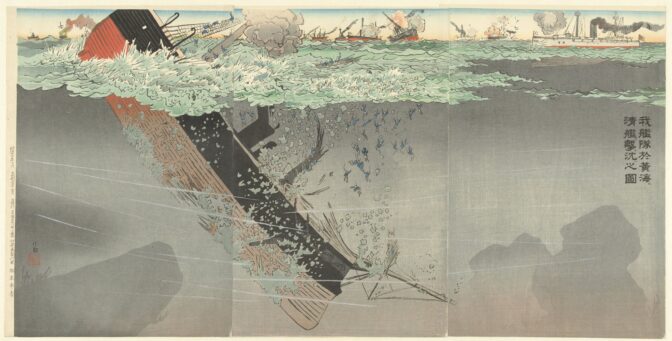Here’s a cautionary tale for all of us have multiple unfinished projects underway. I was just going through correspondence with someone I worked with on New Netherland/colonial New York projects on occasion. He was a prolific author who had several articles published in peer-reviewed journals. At one point he shared a list of his works-in-progress with me, which included:
- 55 articles
- 5 books about New Netherland families, including a genealogical dictionary of early settlers of one village
- 16 transcriptions of New Netherland sources.
He shared drafts with me when he had questions. Some were almost ready for peer review, others were more like preliminary notes. The list represents a mountain of research and opportunities for future discoveries by other genealogists.
He passed away three years after sharing the list with me. Before his death, he had managed to publish two of the articles but none of the books or transcriptions. It may be possible to salvage some of his work, especially articles that were closed to finished, since his heirs gave permission for publication. But the majority will remain in its current unfinished state, out of reach for future researchers.
I know I could probably produce a similar list, though not quite as long. Starting projects is more fun than finishing them, isn’t it? The thrill of something new. And it’s tempting to switch to a different project when a current project hits a wall or when you do not have time to visit the repositories that have the records (hello Eleanor of Aquitaine, I have not forgotten about you). But unless we get our research published or have a research partner who will continue our work, it will probably die with us.
I am considering that when I update my will, I will release all my work in the public domain upon my death, so anyone that wants to can finish what I started and journals can publish my work. But I’d rather finish it myself.
I think I will make a similar list of works-in-progress that I will review once a year. When managing IT projects, I sometimes used the WIP count (Works In Progress) to help teams work efficiently. The WIP count is the maximum of projects a team can have in progress at any given time, to allow people to concentrate on the task at hand and avoid overhead from task switching. I think I will apply the same principle to my personal writing projects. I think five would be a good number. That will allow me to switch when I need to, without having too many on my plate. What do you think?

Sinking ship, 1894. Credits: Kobayashi Kiyochika, collection Rijksmuseum (public domain)


I think that is an excellent idea. It makes me wonder how much excellent genealogy research has been lost to time because of the researcher/author’s death.
Exactly!
This is so timely. I have many unfinished projects and I’m getting up in age that I should be considering what to do with them. Making a list and keeping that list visible is the first step. Finding places to send those unfinished works is another, especially before we are gone. Having, in writing, permissions for sending those unfinished products somewhere is another task to do. Of course, right now, my renewal is on top of the to-do list.
In the 1990s a man died and left his collection of tape-recorded interviews to the local historical society. He had interviewed many of those who were among the earliest members of a community that formed in the 1920s. Sadly, the local historical society will not allow anyone to hear the interviews since the people who were interviewed (all now long gone) never signed release forms to allow their interviews to be publicly available.
Goed idee om maximaal 5 projecten onderhanden te hebben, want wat gaat er veel waardevolle informatie verloren…of moet er veel werk opnieuw gedaan worden. Hoe gaan opdrachtgevers van publicaties hier eigenlijk mee om ? Ik denk aan universiteiten of bedrijven die wetenschappelijk onderzoek laten uitvoeren, waarvan publicaties geleverd worden. Misschien is dan het werken in teams, gekoppeld aan regionale archieven, met deugdelijke afspraken over eigendom en publicaties, een optie ?
Sounds good but quite difficult to strictly enforce to only handle 5 projects at a time. The list will multiply within a few months because almost every piece of information found very quickly raises new questions that need to be investigated.
All these research questions quickly turn into small or large projects and then the trick is to prioritize them. Always something where the choice is difficult and I haven’t found a good solution for that yet.
Maybe you have tips for us.
Excellent post, Yvette, I agree with you on the importance of leaving behind a legacy that can be built upon as well as the importance of publishing your work!